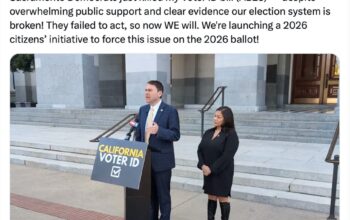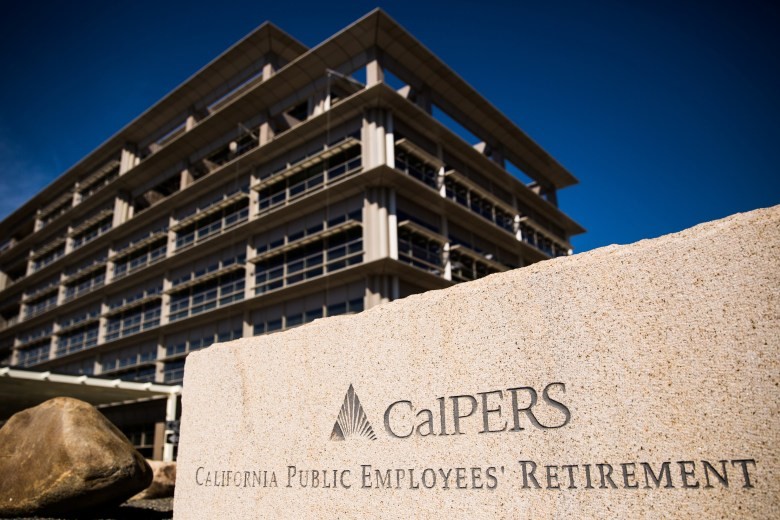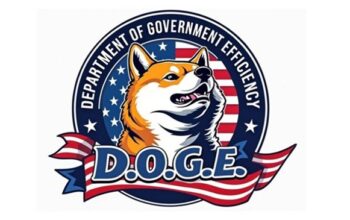The California Republican party has now openly authorized the buying and selling of proxies, to control the organization. Maybe they are imitating the State ballot procedures.
“Neither referenda nor dishonesty in getting them to the ballot is new. Deception is easy to pull off. That’s especially true with little or no regulation on petition carriers and valid signatures bringing up to $15 apiece, depending on the wealth of the referendum backers. The companies behind this one were willing to spend whatever it took to bring their proposition to the ballot, as were the oil companies who soon after qualified another referendum to undo a law banning new oil wells and fracking within 3,200 feet of homes and schools.”
Who says elects in California are fair and honest?
With up to $15 per name at stake, it’s no wonder when some petition carriers resort to dishonesty. Those $15 chunks can add up very quickly.
BALLOT MEASURE DISHONESTY: SADLY. IT’S OLD HAT

BY THOMAS D. ELIAS, California Focus, 3/13/23
There were loud complaints about ballot measure dishonesty the other day, just after the fast food industry qualified a referendum for a statewide vote next year aiming to do away with a new law giving workers in those restaurants higher pay and more say-so over workplace rules and disputes.
Without doubt, there was dishonesty in the process of gathering the almost 550,000 valid voter signatures needed to get this measure onto the ballot. Referenda are different from normal ballot initiatives: they don’t create new law, but try to nix recently-passed laws before they can take effect.
Its dishonesty helped gain the fast food industry at least a temporary reprieve: The new law passed last summer and signed by Gov. Gavin Newsom will be in abeyance until results of next year’s popular vote on it are known.
Neither referenda nor dishonesty in getting them to the ballot is new. Deception is easy to pull off. That’s especially true with little or no regulation on petition carriers and valid signatures bringing up to $15 apiece, depending on the wealth of the referendum backers. The companies behind this one were willing to spend whatever it took to bring their proposition to the ballot, as were the oil companies who soon after qualified another referendum to undo a law banning new oil wells and fracking within 3,200 feet of homes and schools.
With up to $15 per name at stake, it’s no wonder when some petition carriers resort to dishonesty. Those $15 chunks can add up very quickly.
In canvassing for the fast food measure, petition carriers outside big box stores around the state told many voters the proposal would help raise wages for fast food workers. Uh-uh.
Others told their pigeons the measure would fight inflation. Nope. Still others refused to show voters the actual text of the referendum.
No wonder many voters reported feeling bilked when they learned what they had signed. Fortunately for them, they will get another crack at this measure when it hits the ballot in November 2024.
The good news here is that dishonesty in proposition politics, old as it is, has not usually paid off.
One of the oldest dishonest tactics of proposition sponsors is use of misleading names for their campaign committees. One example: In the early 2000s, the tobacco industry qualified an initiative to cancel all local restrictions on smoking.
The companies called their committee Californians for Statewide Smoking Restrictions. But there was no push for state laws on the subject; the industry merely wanted to quash what several cities had done on their own to reduce smoking.
Similarly, in 2016, the plastic bag industry qualified a referendum which appeared on the ballot as Proposition 67, aiming to throw out a new law banning single-use carry-out store bags. The trade group called itself the American Progressive Bag Alliance. What’s a progressive bag?
Prop. 67 lost on a 53-47 percent vote, and groceries and other stores still sell plastic bags for 10 cents apiece, but they are thicker and can be used more than once.
There was similar dishonesty in the sports gambling industry’s 2022 attempt to legalize almost unfettered online sports betting in California. On the ballot as Prop. 27 last fall, and sponsored by the FanDuel, DraftKings and BetMGM wagering services, this effort began dishonestly by calling its measure the “California Solutions to Homelessness and Mental Health Support Act.” In fact, only a tiny percentage of revenues would have gone to those causes, and the measure lost by more than 2-1.
The tobacco industry also lost in its dishonest campaign.
These are just three out of many egregious examples of misleading industry campaigns to pass initiatives or referenda in California.
So it would be naïve to be shocked that the fast food industry’s petition carriers engaged in several forms of dishonesty.
And it would not be the least bit surprising if the latest dishonest campaign ends up losing, too, just like almost all previous propositions whose campaigns were deliberately misleading.



